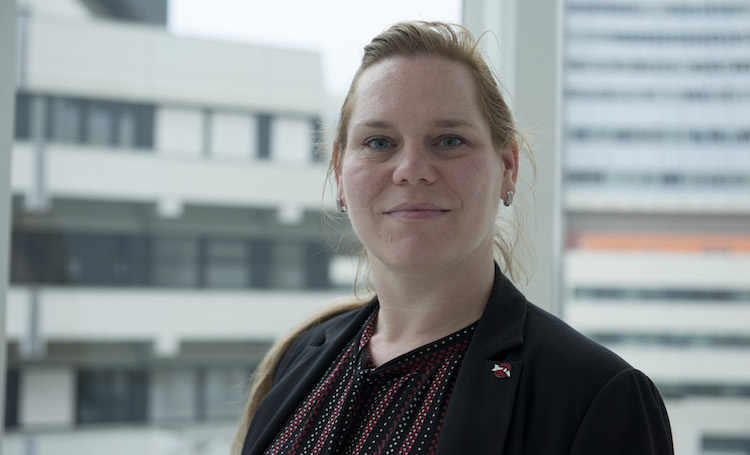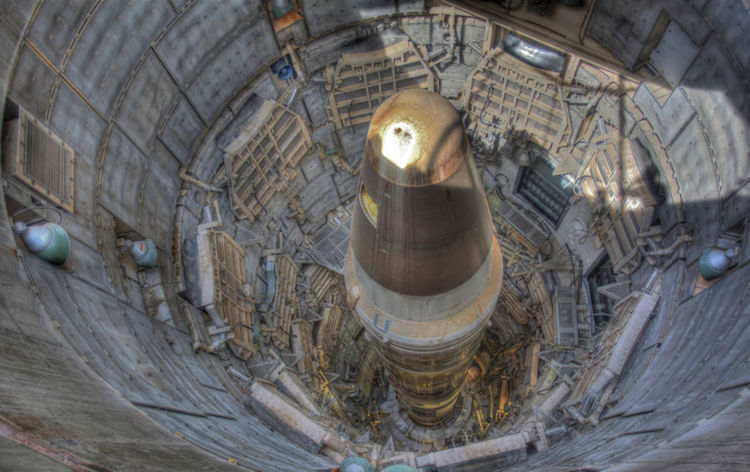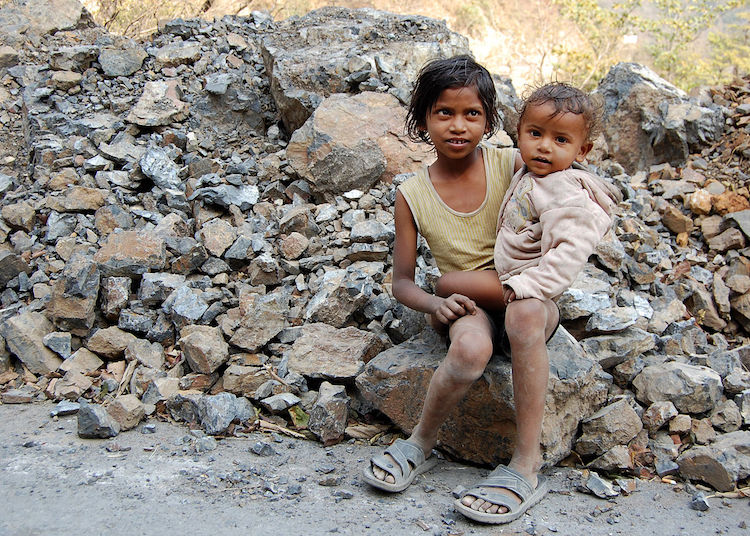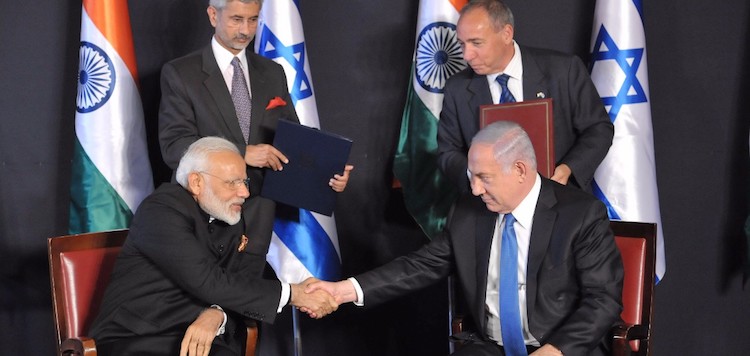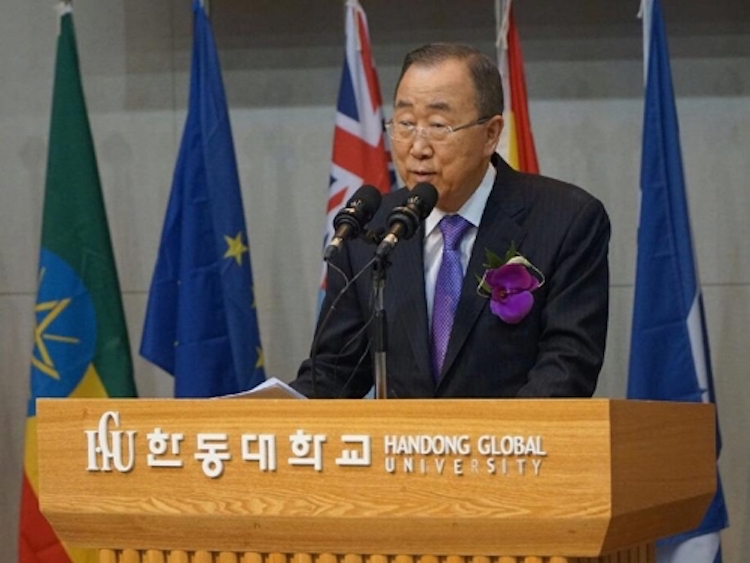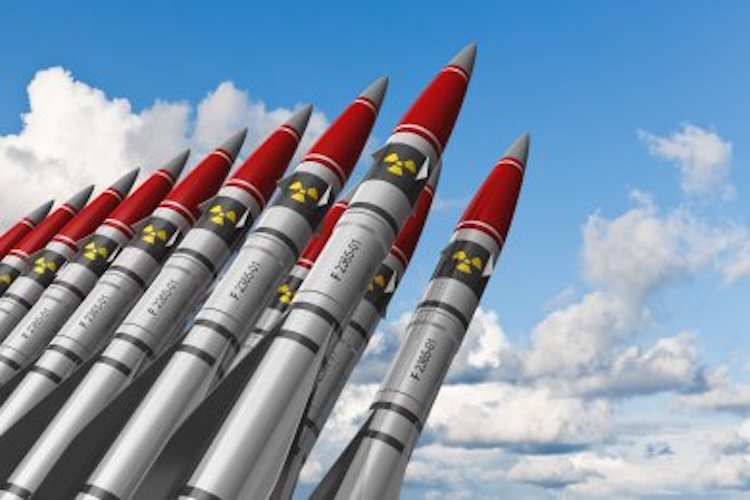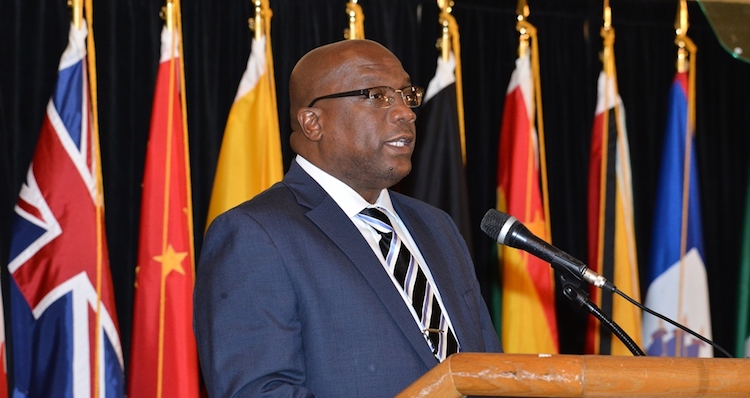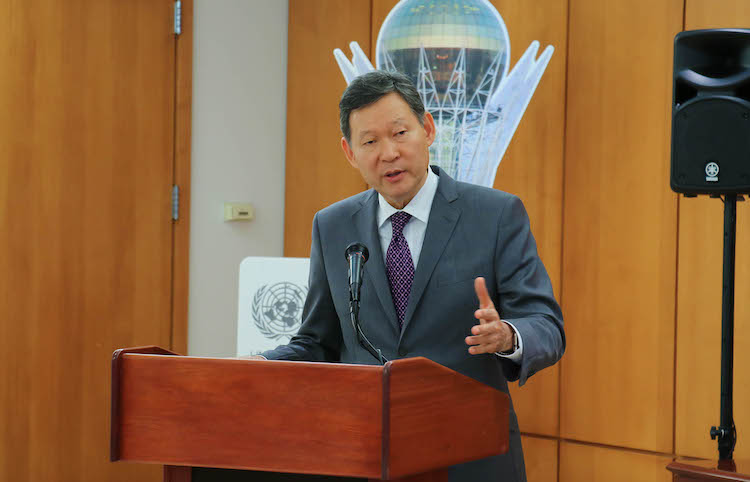By J Nastranis
UNITED NATIONS (IDN) – A new United Nations study has warned that the current growth curve in the aftermath of the 2007-2008 Global Financial Crisis “does not provide the enabling environment” for supporting progress in achieving the 17 Sustainable Development Goals.
According to the latest World Economic and Social Survey, the implementation of the 2030 Agenda for Sustainable Development requires “greater and deeper international coordination in key policy areas including fiscal, monetary and trade.”
But the Report launched by the United Nations Department of Economic and Social Affairs (UN DESA) finds that “such challenges are not insurmountable.” In the last 70 years, says the Survey, the world has witnessed episodes of economies experiencing remarkable economic development, which include: Germany and Japan in the 1950s and 1960s, followed by the Asian Tigers – Hong Kong Special Administrative Region of China, Republic of Korea, Singapore and Taiwan.


